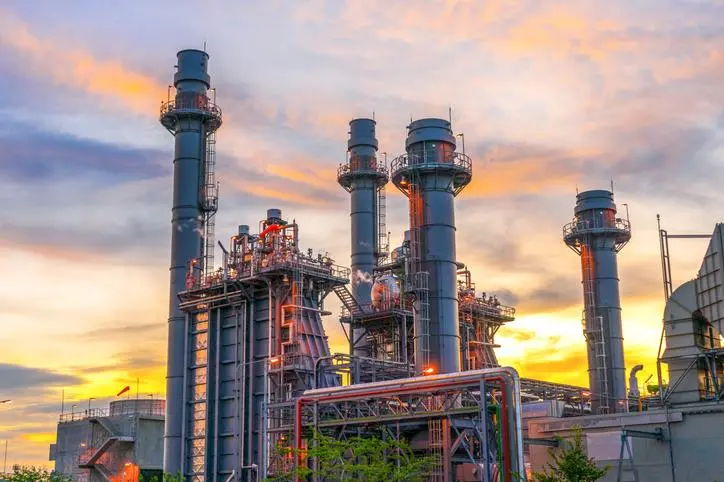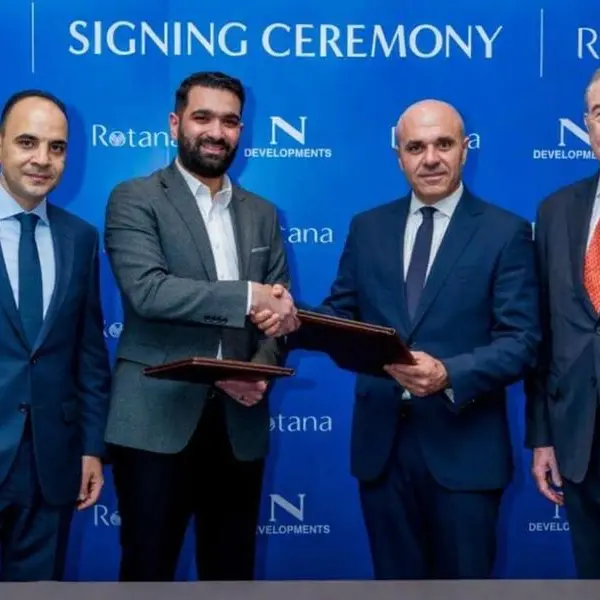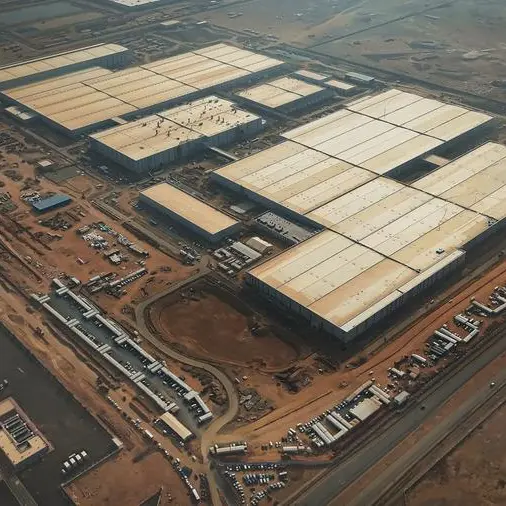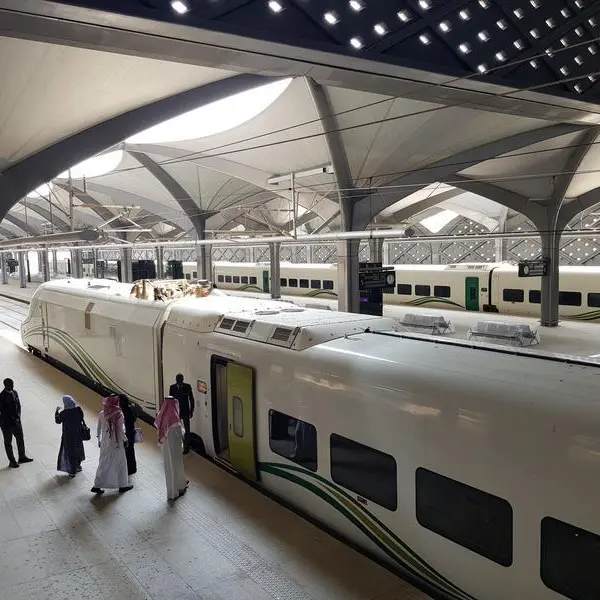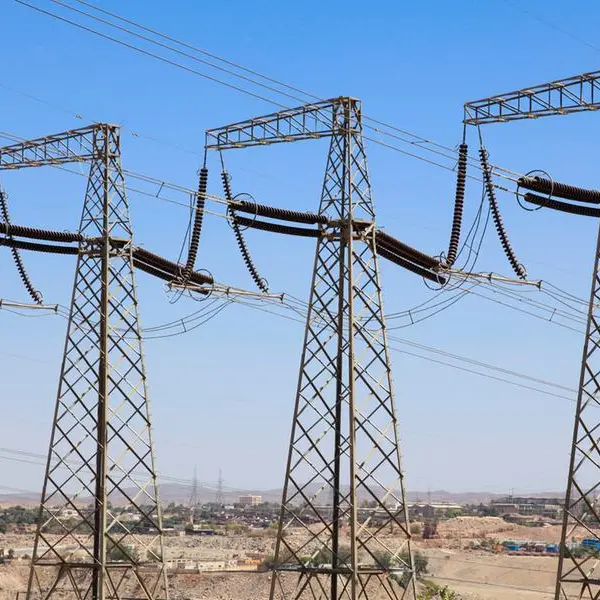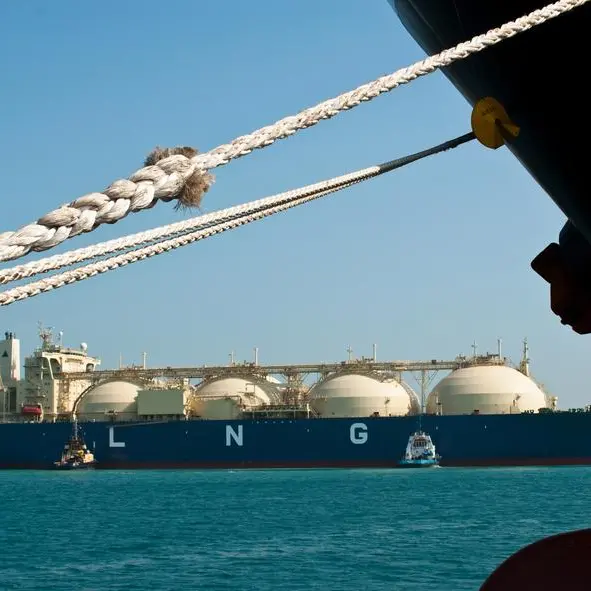PHOTO
AMMAN - Energy-dependent Jordan said a ten-year plan to expand renewable and oil shale resources will reduce its reliance on costly foreign fuel imports that burden its economy and move it towards self-sufficiency.
Energy Minister Hala Zawati said that by 2030, some 48.5% of the country's electricity generation in a government-approved "energy sectors strategy for 2020-2030" unveiled on Tuesday would come from local energy sources. Currently it stands at only 15%.
The kingdom would gradually reduce dependence on imported natural gas for its power plants by expanding oil shale production, including commissioning a multibillion-dollar project this year, alongside renewable power generation capacity connected to the grid, she said.
"We will decrease imported fuel and increase domestic energy sources as part of self-sufficiency," Zawati said at the launch of the country's energy plan.
The country, which now imports over 93% of its total energy supplies, is burdened by a 2.5 billion-dinars ($3.5 bln) annual bill, comprising almost 8% of Jordan's GDP and straining its economy.
The private sector has invested hundreds of millions in solar and wind renewable projects in recent years with a total of 2,400 megawatts (MW) by end of this year. This is expected to rise to 3,200 megawatts (MW) in 2030, Zawati said.
She said security of supply was crucial to cushion the country from the negative repercussions of reliance on one energy source in a region that has been hit by years of turmoil.
The rupture of natural gas supplies from 2011 to 2015 from Egypt, its once dependable gas lifeline, forced Amman to import more expensive heavy fuel oil for its power plants, adding billions of dollars of debt, Zawati said.
"Unfortunately in the past years whenever there was an emergency we would be heavily impacted," she added.
The country's state-owned National Petroleum Company also planned to expand drilling for gas in the Risha field near the border with Iraq, Zawati said, as part of efforts to tap potential reserves.
(Reporting by Suleiman Al-Khalidi in Amman Editing by Matthew Lewis) ((suleiman.al-khalidi@thomsonreuters.com; +96279-5521407;))
